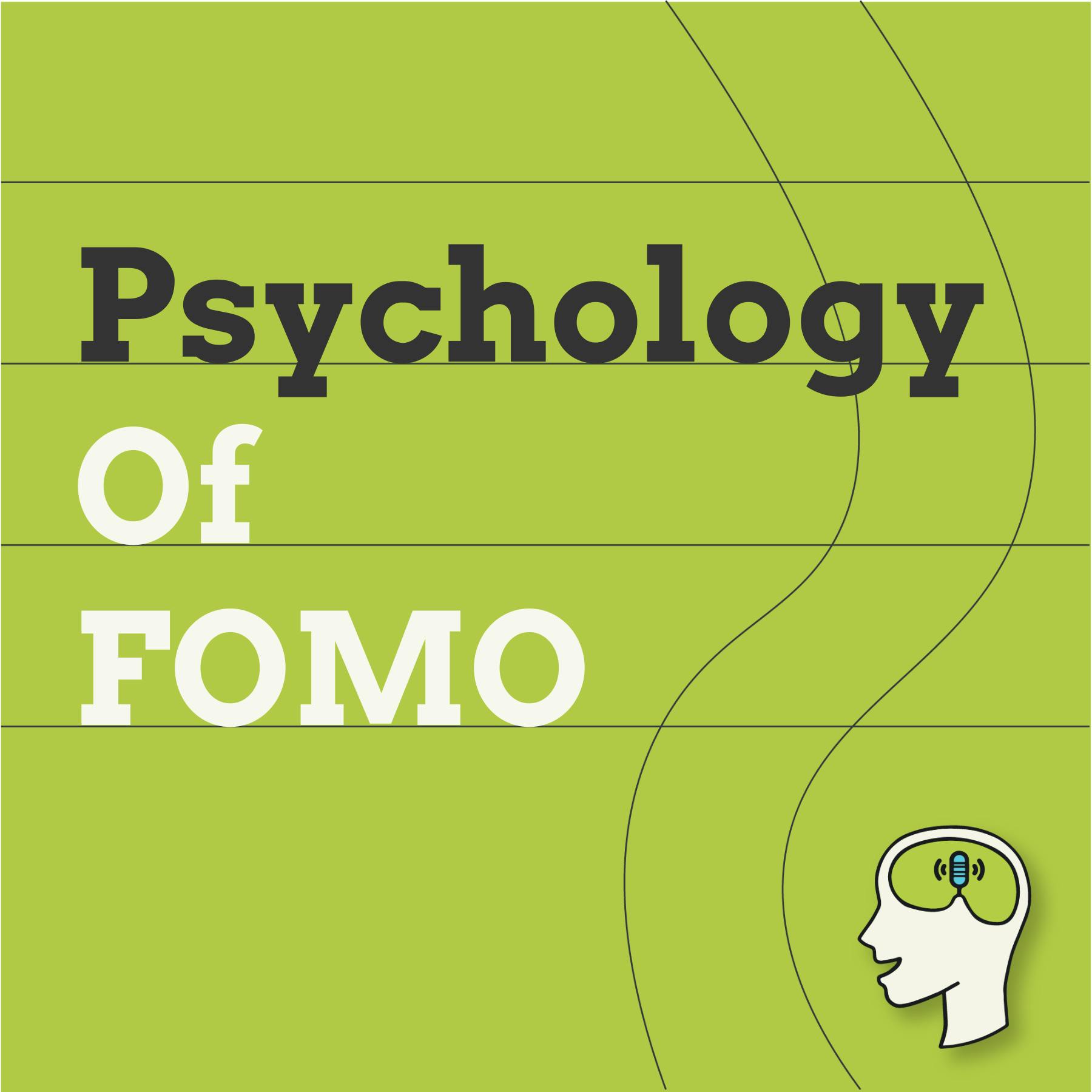How to Be Less Wrong: The psychology of self-deception and silly things we believe

Cognitive bias. False memory. The Dunning-Kruger effect. What do they all have in common?
They show how unreliable our minds can be.
In this episode, we explore the science and philosophy of self-knowledge.
From flawed reasoning and failed planning to empathy gaps and epistemic humility. But explained using normal English...
Along the way, we uncover powerful tools to help you become more reliable, more curious, and a little less wrong.
WORKSHOP - Building certainty in an uncertain world
😱 The world is spinning faster and increasingly feels unhinged
✊ Use Psychology to build strong core foundations and make long-term decisions
🎟️ Join us - https://workshop.growthmindsetpodcast.com
UPGRADE to Premium :
🏖️ Ad-free listening
🤘 Support the show
🔓 Exclusive AMAs and bonus content
💬 Community Discord
GrowthMindset.Supercast.com
Get in Touch
👋 Free Call - Schedule Link - https://cal.com/samwebster/mindset
📧 Email - GrowthMindsetPodcast (@) gmail,com
Growth Mindset Psychology:
Sam Webster explores the psychology of happiness, satisfaction, purpose, and growth through the lens of self-improvement.
📺 Watch - YouTube (Growth Mindset)
🛜 Website - Growth Mindset
Show: Growth Mindset, psychology of self-improvement
Episode: How to Be Less Wrong: The psychology of self-deception and silly things we believe
Chapters:
00:00 Introduction: The Illusion of Understanding
01:34 The Unreliable Nature of Our Minds
06:04 The Dunning-Kruger Effect and Cognitive Bias
08:00 The Limits of Empathy and Understanding Others
10:40 The Flaws in Our Reasoning and Decision Making
12:39 No awareness or feedback
14:24 Our tendency to fail
16:45 Building Reliability and Resilience18:44 Nonreacting - Chinese farmer parable
21:20 Conclusion: Embracing Our Ignorance for Growth
Learn more about your ad choices. Visit podcastchoices.com/adchoices



















